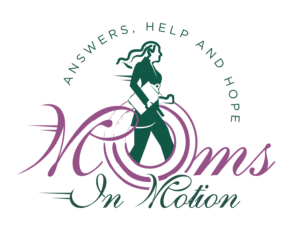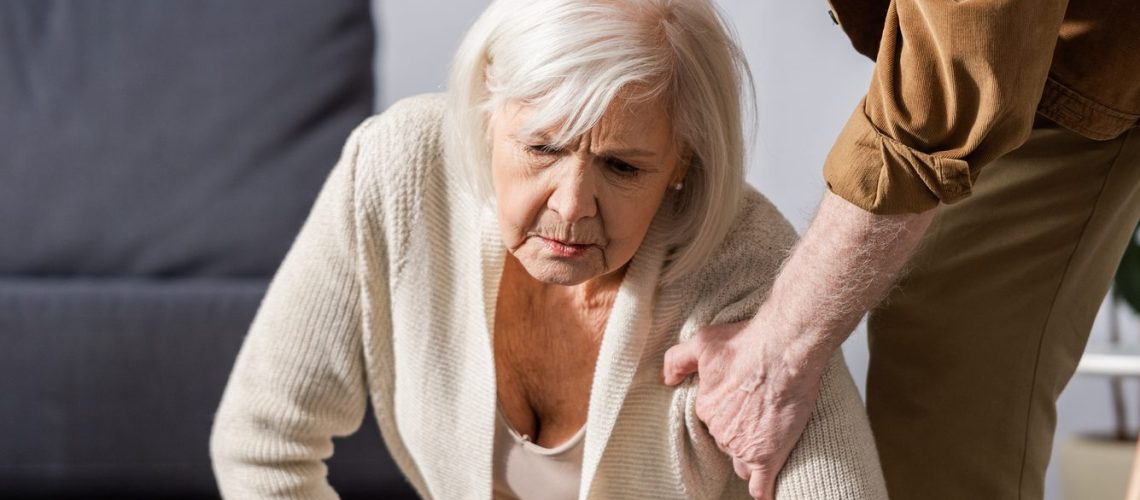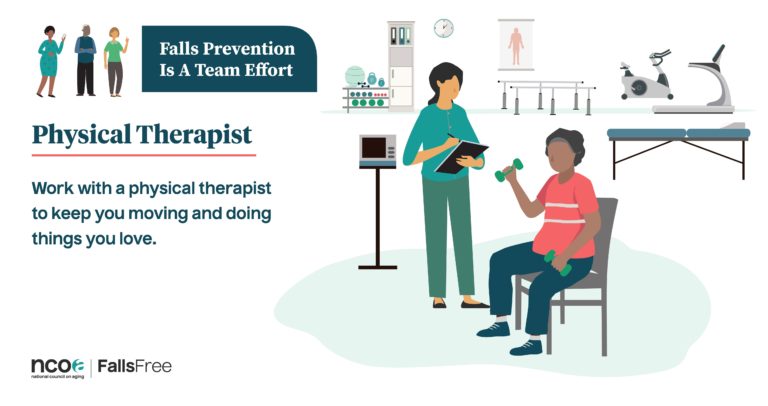
As an individual who has my fair share of unexpected falls, I will admit they happen often. It seems falls are quite common, regardless of age. The difference for many older adults is that an unexpected fall can result in very costly and sometimes severe injuries. But guess what? Most falls CAN be prevented. According to the CDC, 1 in 3 older adults age 65+ will fall, and falls are the leading cause of fatal injury and the most common cause of nonfatal trauma-related hospital admissions among older adults. Did you know that 40% of hospitalizations are a result of falls? That is a pretty high number!
Health care professionals and caregivers ultimately play a huge role in reducing falls risk. However, falls prevention really is a community effort and I’d dare say, a social responsibility. We can all make an impact. You may find helpful pointers about aging in place and preventing falls HERE. Falls Prevention Awareness Week is a national health campaign observed on the first day of fall to increase awareness around falls health and injury prevention. This is a great opportunity to raise awareness in your community. Please take some time during the week of Sept. 18-24 to participate in a national effort to really increase awareness of falls prevention. This is a great time to leverage the community and available resources to support older adults and those adults aging in place in the community, be more independent and of course, falls free.
Please review these awesome 4 tips from the National Council on Aging, to talk to your aging loved one about falls:
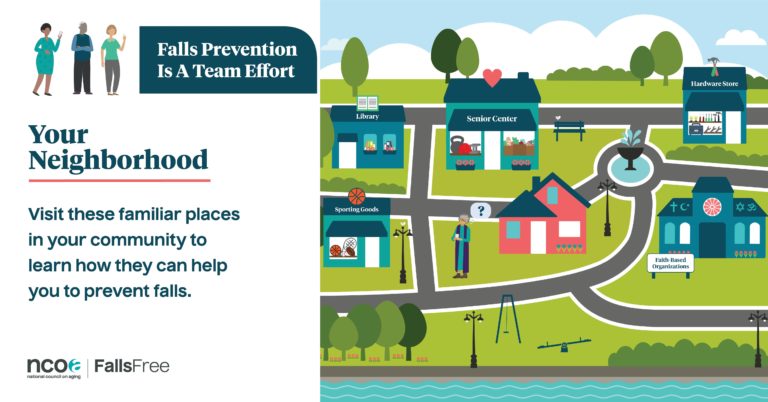
Ways you can talk about falls with an older adult
Talking is one of the easiest ways to create awareness and spark action. You don’t have to be a falls expert to talk with an older adult and their health care providers about falls prevention. And it also shouldn’t deter you from speaking with other family, friends, and neighbors. Falls are serious but talking about them doesn’t have to be.
Use these four tips to talk about falls
- Be open and kind: Ask questions, share a fact, or share your own experience (here are some falls prevention success stories to also consider).
- Avoid blame: Nobody is at fault for a fall. Provide solutions that do not make the person feel judged.
- Be assertive: Show that you care by how you deliver your message. Use “I” statements to let others know how you are thinking and feeling.
- Listen: Sometimes no solution will make an older adult feel better about falling. Be there and listen to their concerns and give support when they are ready for the next step in reducing falls.
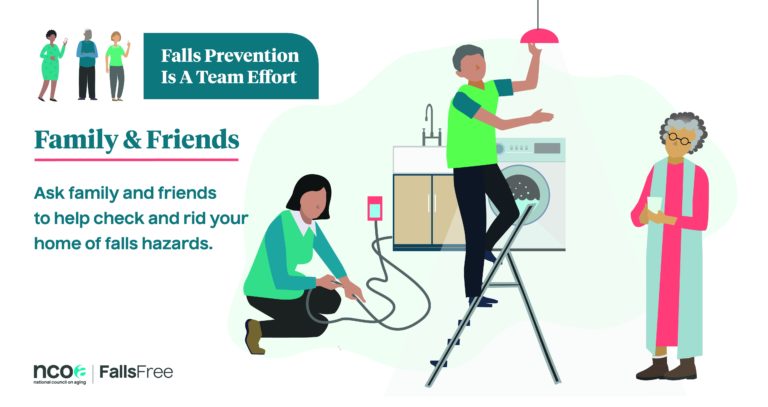
We hope this information has been helpful to you and your family. Can we count on you to help spread the word?
